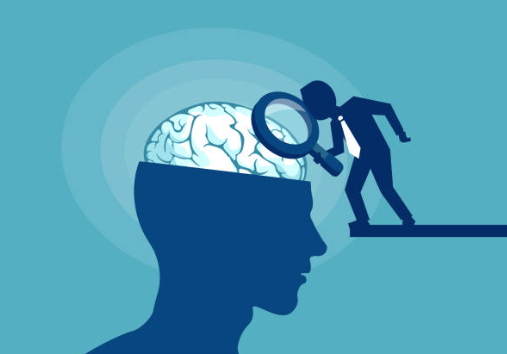Summary of the Coordinate Project
In the Shaping Europe's digital future document a technology that works for all Europeans, with a human-centric way of developing and using Artificial Intelligence (AI) and that respects peoples rights and privacy is required. The creation of a European health data space to foster targeted research, diagnosis and treatment is also an objective, but to join privacy and health data is difficult if we do not use public data as social media.
Social networks such as Twitter, Instagram, SnapChat or Facebook host thematic communities related to psychological disorders, where thousands of people enter to share their emotional state, to provide or seek help, or simply to chat. By analyzing texts with AI techniques, we intend to observe the mental state of all these people globally, without discrimination and always on data that these people publish freely and can be shared with the scientific community after being annotated following the guidelines of ``Generation of knowledge in R+D+I Projects in Health'' that reference the present call.
Parallel to this world of social networks is the group of psychiatry and psychology professionals whose work would be essential to help most of the people who participate in these communities.
The proposal of this project is precisely to link these two worlds by building a mental health observatory that will allow health professionals to make a faster and more informed digital transition. The project focuses on issues such as depression, anxiety, the potential risk of suicide (subproject 1) and situations of loneliness and isolation (subproject 2), problems that are differentiated with respect to gender, a characteristic that we also want to analyze.
The creation of the mental health observatory presented in this project could help hospitals to: (1) receive a global image of the social perception and its changing dynamics as a source of social information, (2) manage their human resources by anticipating work peaks based on the analysis of trends found in social networks, (3) consult demographic profiles, and (4) obtain an analysis of temporal or seasonal characteristics.
This project involves advanced computational semantic technologies, and makes a technological contribution in two aspects: generating and making data available to the community through the observatory and tools to carry out natural language understanding adapted to Spanish and the terminology of these networks. The main challenge of the project is to convert unstructured textual information into interpretable knowledge and story-telling.
PROYECTOS DE TRANSICIÓN ECOLÓGICA Y TRANSICIÓN DIGITAL 2021 - TED2021-130398B-C21 and TED2021-130398B-C22

